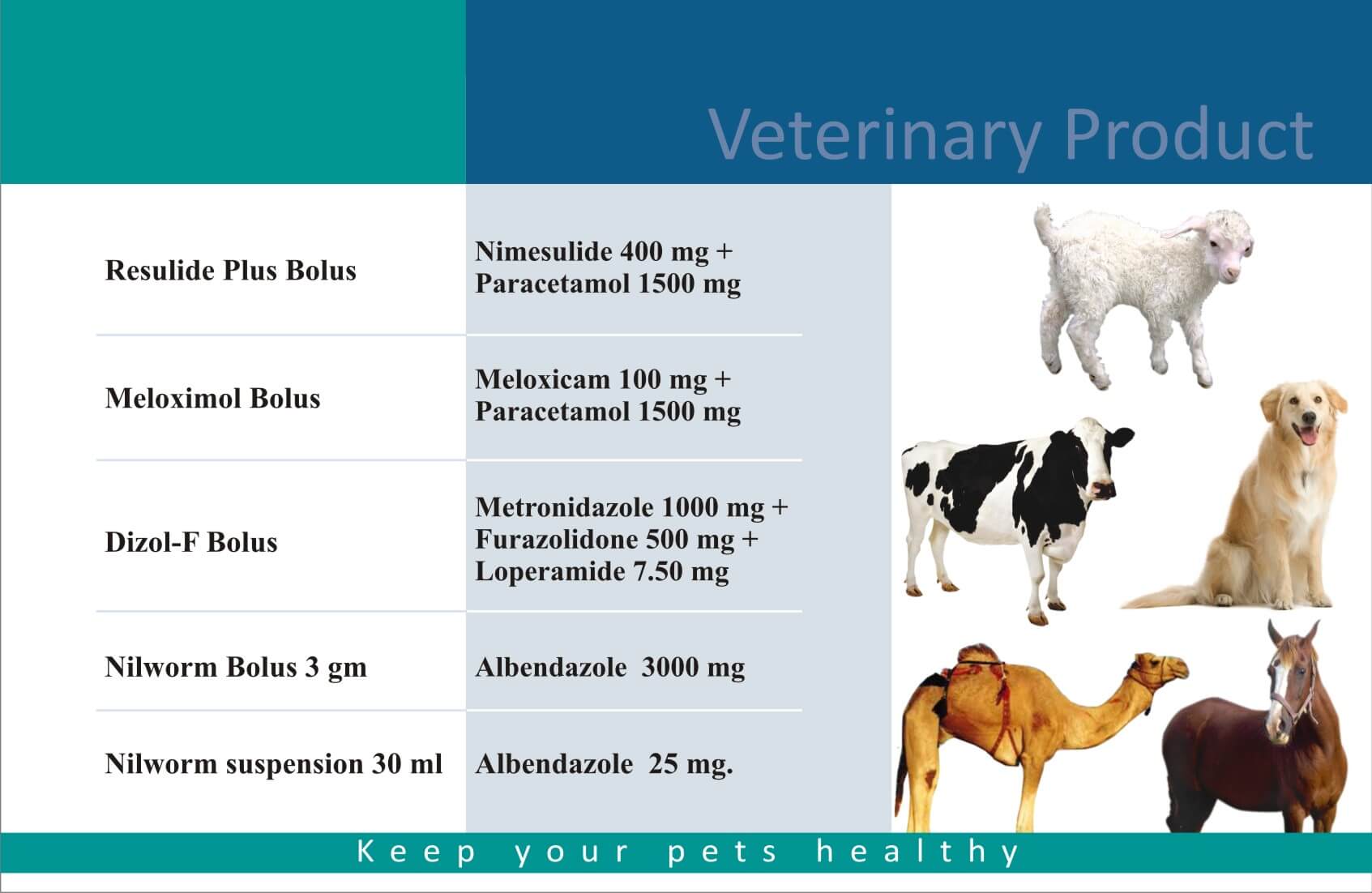Everything You Need to Know About Veterinary Labs for Pets
Everything You Need to Know About Veterinary Labs for Pets
Blog Article
Companion animals are invaluable, and ensuring their well-being is a responsibility. Animal diagnostic centers are key components in preventing diseases for companion animals.
In this discussion, we’ll delve into the value of lab tests for animals and show how labs work with vets.
What Are Veterinary Labs?
Diagnostic labs for pets provide health assessments for evaluating pet health. Vets rely on their findings to monitor ongoing conditions.

Steps in veterinary testing usually includes:
- Collecting pet health data: Specimens from pets are collected at clinics.
- Laboratory analysis: State-of-the-art processes deliver diagnostic insights.
- Providing actionable data: Insights guide care plans for your pet’s benefit.
Essential Tests in Veterinary Labs
Labs provide diverse options for health checks to prevent serious conditions. Routine diagnostics include:
- Blood tests: Assess organ function.
- Urine diagnostics: Check for diabetes.
- Parasite checks: Detect worms or parasites.
- Sensitivity screens: Improve coat health.
- X-rays and ultrasounds: Evaluate bone and joint health.
laboratorio de analises clinicas para animais
Why Diagnostic Exams Are Essential
Ongoing evaluations ensures better outcomes. By identifying issues early, your pets stay healthier longer.

The value of testing include:
- Improved health outcomes: Chronic issues are managed.
- Avoiding costly emergencies: Prevention saves money in the long run.
- Peace of mind: You’ll know they’re thriving.
Why Testing Matters for Dogs and Cats
Pet health labs play a key role in modern pet care. With regular lab evaluations, you protect their well-being.
Act now to safeguard your pet’s future and support their wellness every step of the way!
Report this page